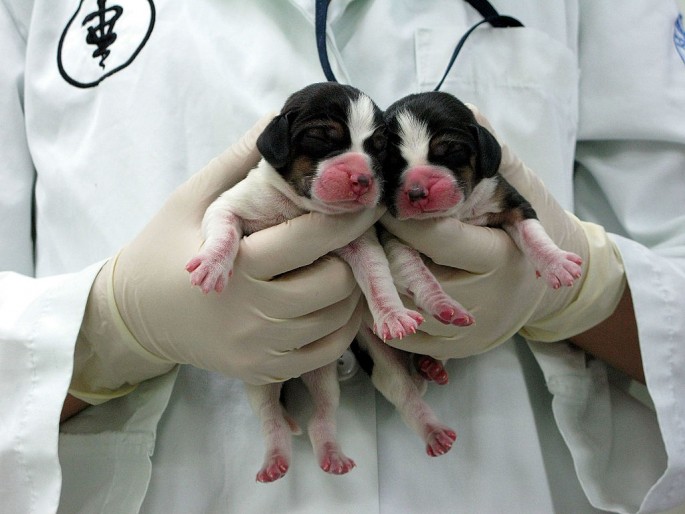A former consultant of Beijing Genomics Institute in Shenzhen and now an adjunct professor at Central Queensland University in Australia believes a planned cloning factory in Tianjin could meet its planned target. The yearly goal of 1 million cattle embryos is possible, said Gabor Vajta, who contributed to the establishment of the current biggest cloning laboratory in Shenzhen.
Although Vajta viewed the tag "world's largest cloning factory" with cautious optimism, he cited his four decades of experience in cattle and pig cloning as reason to believe nothing is impossible, especially if the numbers would come from China. He recalled that at BGI Arc Biotechnology in Shenzhen, the plant has produced 220,000 cloned pig embryos in four years, reported Globaltimes.
But Vajta stressed that the laboratory, so far the largest cloning lab in the world, has smaller facilities, lesser financial support and fewer human resources. The alternative technology BGI used, Handmade Cloning, which the lab developed, made the process simpler, less expensive and more efficient.
Vajta then did the math for the planned Sooam Biotech which would use micromanipulation-based cloning. This older technique is estimated to produce 80-100 reconstructed embryos daily or 15,000 a year. If the lab has 10 good cloners, they could produce 100,000 to 150,000 reconstructed embryos.
The professor noted that Sooam, which has its roots in South Korea where the lab also clones puppies from genes of dead dogs, did not include embryo quality, pregnancies, births and health offspring in its estimate. Vajta pointed out that only 30-50 percent of the embryos would be good for transfer. There is also the difficulty of finding foster cows and skilled experts to perform a large number of embryo transfers, while there would be further losses at transfer, pregnancy and birth.
Given these factors, Vajta said that Sooam's initial target of 100,000 a year, which would eventually increase to 1 million, would be highly ambitious during its early years.
The factory, which costs 200 million yuan ($31 million), will have cloning laboratories and a gene bank, according to Xinhua News Agency. Sooam's partner for the venture is Boyalife, a Chinese biotechnology company. Besides cattle, it plans to clone also dogs and horses.



























